Why Games Help Students Learn
In the rapidly evolving education landscape, incorporating games into learning strategies has become a powerful tool for teachers to enhance student engagement and facilitate effective learning. This blog delves into the myriad ways digital and traditional games can be instrumental in the educational journey, mainly focusing on their benefits for all learners, including those with dyslexia or ADHD.
The Intersection of Gaming and Learning
Games have always been a fundamental part of human culture, offering entertainment and opportunities for learning and development. In education, they serve as a dynamic medium for delivering content, engaging students in a way that traditional methods may not. Integrating games into the learning process caters to diverse learning styles, making education more inclusive and effective.
The Digital Revolution: Online Games in Education
With the advent of digital technology, online games have become a cornerstone of modern education. These games provide an interactive platform where students can learn at their own pace and in a more engaging environment. Unlike traditional classroom settings, digital games offer immediate feedback, allowing students to understand their mistakes and learn from them instantly. This immediacy is crucial in maintaining student interest and promoting a deeper understanding of the subject matter.
Online games also have various difficulty levels, which can be adjusted based on the learner's proficiency. This personalized learning experience is particularly beneficial for students needing more time to grasp certain concepts. Furthermore, these games often involve problem-solving tasks that enhance critical thinking and creativity, skills that are essential in today's world.
Motivation through Gaming Mechanics
One of the most significant aspects of online games in education is using gaming mechanics like points, badges, and trophies. These elements add a competitive edge to learning, motivating students to strive for better performance. The sense of accomplishment of earning an award or leveling up can be a powerful motivator, encouraging students to engage more deeply with the learning material. Gamification transforms the learning process into a more enjoyable and rewarding experience, thus fostering a positive attitude towards education.
spelling stars has spelling games for all Students
For students with Dyslexia, ADHD, Autism, or Dysgraphia, spelling can be difficult. Traditional learning methods can often be challenging and demotivating. Games, particularly those designed with educational purposes in mind, can be a game-changer for these students. These games often use visuals and interactive elements, making learning more accessible and less overwhelming. For instance, a game designed for dyslexic students might use patterns, colors, and shapes to teach reading and spelling, allowing these students to learn through more sensory experiences rather than relying solely on text-based materials.
Moreover, the flexibility and adaptability of games mean that they can be tailored to meet individual learning needs. Students with dyslexia, for instance, can progress at their own pace without the pressure of keeping up with the rest of the class. This individualized approach can significantly boost their confidence and interest in learning. Many of our games have speed settings or difficulty settings that the student can select to give them control over gameplay difficulty.
Spelling Stars also allows teachers to create individualized spelling lists that can be assigned to one student, a group, or the class. Students only see what has been assigned to them. This provides privacy for the student and allows the teacher to tailor spelling to meet an IEP.
Traditional Games and Their Enduring Value
While digital games are at the forefront of educational innovation, traditional games still hold considerable value. Board games, card games, and physical games can teach teamwork, strategy, and critical thinking. These games also encourage social interaction, helping students develop communication skills and the ability to work collaboratively. Traditional games can be particularly effective in teaching younger students foundational skills like counting, color recognition, and basic problem-solving through hands-on tasks.
Games are a Powerful Tool for Teachers
The integration of games into the educational sphere is a testament to the ever-evolving nature of teaching and learning methods. Whether digital or traditional, games offer a unique and effective way to engage students, motivate them, and cater to diverse learning needs. By incorporating fun into the curriculum, educators can provide a more dynamic, inclusive, and practical learning experience, especially for students who might find traditional methods challenging. As we continue to explore the potential of games in education, it becomes clear that they are not just tools for entertainment but powerful instruments for learning and development.
Spelling Games for the classroom
Spelling Hopper
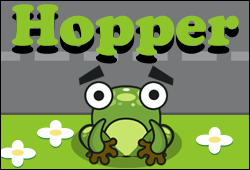
Hopper is a fast-paced spelling game that students really enjoy! Spell words from your list at clearings and get bonus points with gems.
Spelling HopperSky Spelling
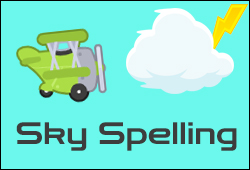
Collect the coins with the plane and correctly spell the words in your list to complete the game. Avoid obstacles and lightning bolts!
Sky SpellingPutt Putt Spelling Golf
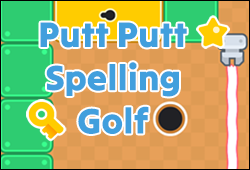
Pull back to launch the ball and spell your way through each level of Putt Putt Spelling Golf.
Spelling GolfRacing Stars
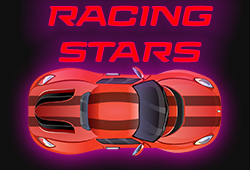
Racing Stars is an exciting spelling game where students race cars while testing spelling skills.
Racing StarsKing Cactus Game
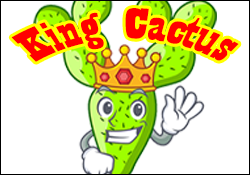
Guess the letters in your spelling words until you can get them all correct. Hints available.
King CactusMemory Game
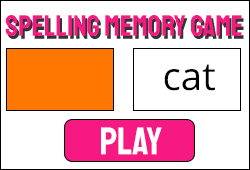
Each word as it is clicked helping students learn to say and recognize their spelling words.
Spelling MemoryMouse Maze Game
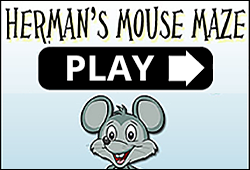
Students play as the mouse eating cheese (spelling words) to win the game. A student favorite.
Mouse MazeWord Chopper
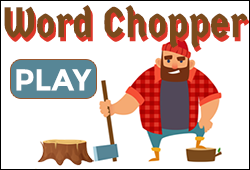
Whittle away at correctly spelled words with Word Chopper. The perfect way to practice for a spelling test.
Word ChopperWord Search Game
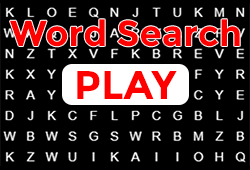
Our Word Search can be played online or printed for offline homework. It uses your list to create the game.
Word SearchFill-in-the-Blank Game
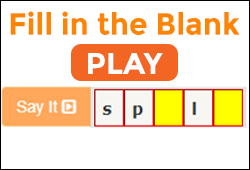
Fill-in-the-Blank game changes every time your student plays. They fill in the blanks to spell words.
Fill in the BlankSpelling Soup Game
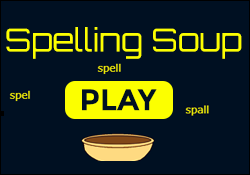
Students hear the words as they fall and select the correctly spelled word in their bowl.
Spelling SoupBink Bonk Game
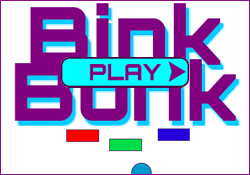
Keep students engaged and focused with Bink Bonk. The students spell words when they hit purple blocks.
Bink BonkCrazy Fish
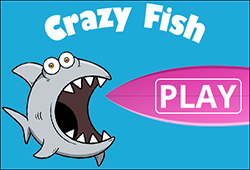
Students are challenged to recognize correctly spelled words. Can be played in slow, medium and fast speeds.
Crazy FishWord Scramble
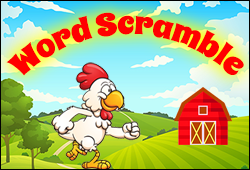
Drag letters to the appropriate boxes to spell each word on your list. Word Scramble is dynamic.
Word Scramble